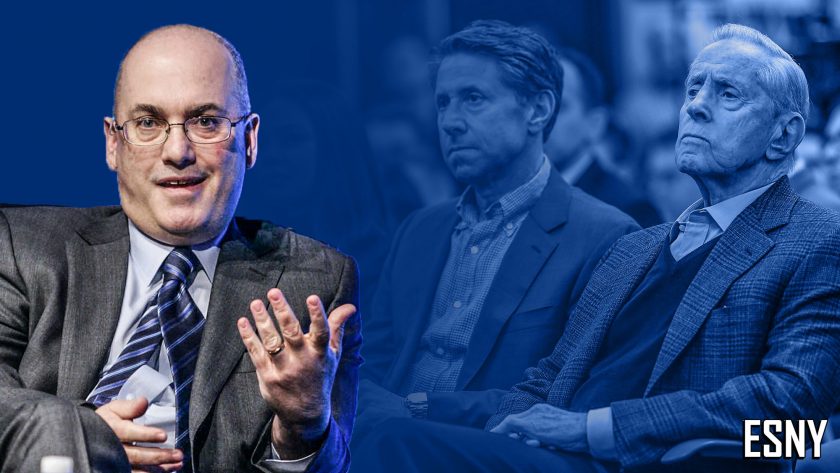Steve Cohen-New York Mets deal always showcased obstacles

The Steve Cohen-New York Mets deal, despite popular belief, showcased difficult obstacles from the absolute beginning.
[sc name=”rich-coutinho-banner” ]Listening to and reading media takes on the Steve Cohen story leads to one absolute thought: it’s safe to say there is much more to it than we all see at first glance.
First of all, from what I hear, this deal may have had major issues in the MLB approval process, which makes total sense. Think about it for a minute. Baseball would have to approve a sale to an individual with some hedge fund issues from a team that was embroiled in the Bernie Madoff scandal. Not exactly a slam-dunk approval.
The thing people are missing here is the SNY portion of the deal. In my career, I have been involved in many cable network sales, managing the due diligence process at places like Bravo, when Cablevision sold it to NBC, and I can tell you that process has more turns than a country road.
Throw in the fact that SNY is already a successful network from both an ad sales, and affiliate sales perspective, and the deal becomes that much tougher to process. Plus, if sports gambling ever becomes a live function on sports cable networks, both streaming and gambling portals could double or triple that revenue in a New York minute.
It is my sense that Cohen wanted control of SNY almost as badly as control of the team, but if he did not consider that fact in his initial meetings with the Wilpons, it’s understandable why he wanted to revise the items in the original offer letter. If I were running Ad Sales at SNY, I would certainly take all of these evolutionary changes seriously occurring in the sports broadcasting business that will manifest itself over the next 12-24 months.
And I would think a smart businessman like Cohen could see that much clearer than myself. From the Wilpon standpoint, I totally understood their unwillingness to cave to demands that would capsize the original offer. But at the same time, there should have been room to negotiate a better deal with both parties.
For example, maybe offer Cohen total control in three years instead of five, but keep the SNY control in accordance with the original agreement. I remember meetings when Bravo was sold and an NBC lawyer asked me and my bosses about certain programming and the topic of Video ON Demand or Pay Per View arose in the conversation. They said to me, “Rich, are we negotiating? My response, “Always.”
My point here is a middle ground could have been met, but that means there were some underlying issues that prohibited that from happening. And I firmly believe MLB had concerns with this deal from the start. Once this latest snafu manifested itself, any potential agreement was dead in the water.
The next steps could get real interesting as the Mets will still explore a sale, but that price tag will only rise. The reason I say that is a price was already established in the marketplace, and if a team transition of control is eliminated, the price goes skyward. I say this from experience, as the price for networks continues to rise, and that is not even looking at the team price tag, which I believe will rise as well.
I certainly understand the public outcry, but the Wilpons own this team and they, like any other seller, deserve the chance to get the best return for their team and their network. And settling for a deal was just not the best course of action.
[sc name=”lfgm-t-shirt” ]If I were advising them, I would have told them to walk away from his demands. Who knows? He may come back to the table later or, better yet, a buyer could present itself that will agree to the demands, which, by the way, I do not consider unreasonable.
And the SNY portion of the deal has to be just the way the Wilpons want it to be; it’s a cash cow waiting to happen with the way the sports network’s revenue planning is evolving into a different era.
Don’t believe me? Just look at what Sinclair Broadcast just paid for all of the sports networks when ESPN was forced to sell all of their sports channels they obtained when the Disney/FOX deal was finalized. They paid far more than the market value for each of those stations and Sinclair did it with a big smile on their faces.
Agreeing to the demands of Steve Cohen would mean leaving money on the table and no smart owner of any cable network would do that.






